Clayhanger
Clayhanger
A coming-of-age story set in the Midlands of Victorian England, following Edwin Clayhanger as he leaves school, takes over the family business, and falls in love.
Book Excerpt
had a difficulty been genuinely faced. And as for philosophy, he had not the slightest conception of what it meant. He imagined that a philosopher was one who made the best of a bad job, and he had never heard the word used in any other sense. He had great potential intellectual curiosity, but nobody had thought to stimulate it by even casually telling him that the finest minds of humanity had been trying to systematise the mysteries for quite twenty-five centuries. Of physical science he had been taught nothing, save a grotesque perversion to the effect that gravity was a force which drew things towards the centre of the earth. In the matter of chemistry it had been practically demonstrated to him scores of times, so that he should never forget this grand basic truth, that sodium and potassium may be relied upon to fizz flamingly about on a surface of water. Of geology he was perfectly ignorant, though he lived in a district whose whole livelihood depended on the scientific use of geological knowledge, and
Editor's choice
(view all)Popular books in Fiction and Literature
Readers reviews
2.0
LoginSign up
Arnold Bennett's 1900 Bildungsroman follows Edwin Clayhanger, the mild-mannered son of a tyrannical and foul-tempered self-made man. This novel, though nothing at all like Bennett's fun mystery/thriller "The Grand Babylon Hotel," at first seems promisingly Dickensian, but peters off as disappointingly, as does Clayhanger's life and that of most of his circle. Growing up in an industrial, provincial English town, Edwin aspires to be an architect, but his father, Darius, pulls him out of school at age 16 and becomes incensed at the idea of his son doing anything but coming to work in his printing business. Edwin has two sisters, the placid older Maggie and the waspish younger Clara; an insinuating aunt, Clara Hamps, widowed sister of his late mother; and a slightly younger, more brilliant schoolfriend, Charlie Orgreave, unaccountably nicknamed "The Sunday." The book is full of things like that — ideas that are brought in and seem to be significant, but which are never explored or explained. In a later example, Darius Clayhanger, in his death throes, calls continually for "Clara," but we're left uncertain as to whether he means his daughter, as Edwin assumes, or his sister-in-law, because nothing in the preceding text shows his having any strong partiality for either. More importantly, the author — apparently deliberately — withholds the explanation of a mysteriously event with a profound impact on Edwin, central to the plot and really the main thing that kept me reading to the abrupt, unenlightening and exceedingly dissatisfying conclusion. The years roll on, and Edwin seems to be drifting along. Charlie Orgreave comes from a larger, wealthier, better educated and more affectionate family than Edwin's; he remains in school after Edwin leaves and then goes off to train to be a doctor. Nevertheless, the two remain friendly, and Edwin becomes a friend of the family, particularly Charlie's architect father, Osmond, and his charming and sympathetic sister, Janet. The Orgeaves influence Edwin in a variety of ways, especially in exposing him to the arts. Through them, he meets Hilda Lessways, an abrupt young woman whom at first he finds repellent, yet he falls in love with her, and she with him. Directly after they reveal their feelings to each other, she rushes off — for reasons she doesn't explain. They exchange letters, in which she says she his wholly his. The next he hears of her, she's married someone else. Edwin gets no explanation, not even a "Dear John" letter. Years go by. Edwin, Maggie and Janet remain single. Maggie might be in love with a celibate vicar, but there's no hint of suitors for either young woman, and no explanation of why they appear so unsought. Edwin, we assume, is too heartbroken to look at other women, even the admirable Janet. He ponders the futility of their lives. Edwin is past 30 when Hilda reappears on the scene. She remains, however, abrupt, elusive and close-mouthed until the very end. At that point she tells Edwin that she's only ever loved him, and that she'll explain everything. Then the book ends. The reader never finds out Hilda's reason for jilting Edwin, what happened to her, why she told him nothing and omitted the real truth of her circumstances when they met later on, or whether they're finally going to get together at last. More than a decade later, Bennett wrote "Hilda Lessways," which supposedly tells her side of the story, but after wading through this one, I'm not sure I'm curious enough to read it.
- Upvote (0)
- Downvote (0)
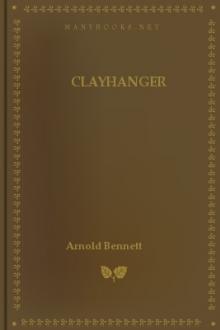
 Free Download
Free Download






















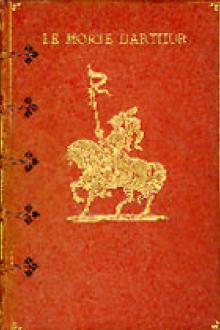

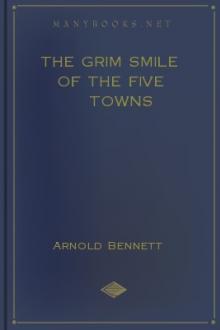
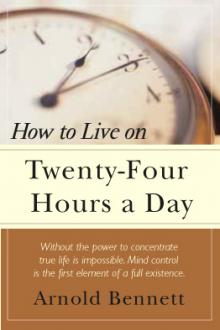
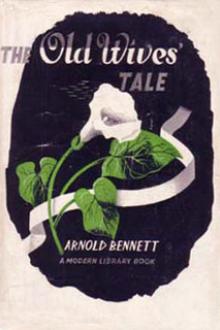
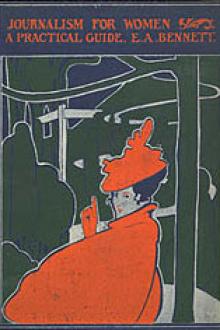

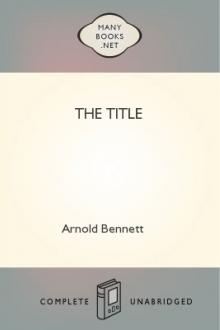
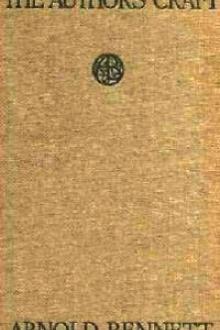
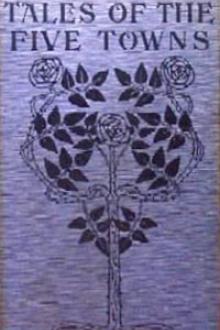
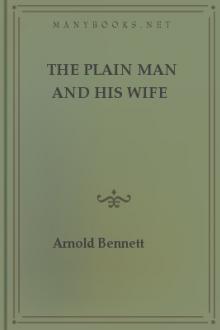


-itok=vcKIB5v1.jpg)